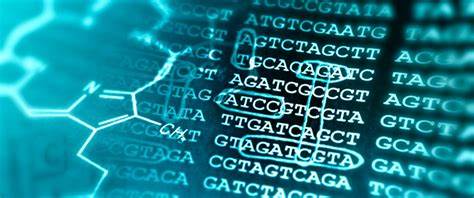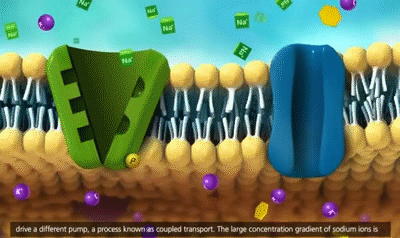The General English course addresses the language needs of the students at the undergraduate level. The focus will be on five categories: Poetry, Prose, Pronunciation, Vocabulary, and Grammar. In addition to these, the last two segments of each unit focus on the reading, speaking, and writing skills of the students. Overall, the course will focus on skills acquisition with an added emphasis on the critical thinking faculties of the students concerning academic, political, literary, and ethical concepts. The syllabus has been designed to improve the communication skills of undergraduate students as a part of a comprehensive and holistic development that includes ethical, societal, and cultural concerns.

- Teacher: Dr SAIKIRAN D
- Teacher: Dr RAJITA ANAND SINGH
Bioinformatics is an interdisciplinary field of science that develops methods and software tools for understanding biological data, especially when the data sets are large and complex. Bioinformatics uses biology, chemistry, physics, computer science, computer programming, information engineering and biostatistics is the apllication of biostatistics in analyssing biological data

- Teacher: Dr K. DEEPTHI PRIYA
This course aims at understanding the essential metabolic functions of the human organism as well as and the molecular & biochemical basis of human diseases through analysis , the mechanisms of production, consumption and storage of energy, intermediary metabolism of main biomolecules and its regulatory mechanisms.

- Teacher: Dr. PRATHYUSHA YAMARTHI
This course provides a comprehensive exploration of core concepts in Inorganic, Organic, Physical, and General Chemistry. Key topics include coordination compounds, crystal field theory, and bioinorganic chemistry, with a focus on the roles of metal ions in biological systems. The organic chemistry delves into the structures, properties, and synthesis of carbohydrates, amino acids, proteins, and heterocyclic compounds. Physical Chemistry emphasizes reaction kinetics, mechanisms, and photochemical processes. General Chemistry addresses bonding theories in metals, carbanion reactions, and the principles and applications of colloids and adsorption. The course integrates theoretical foundations with practical examples, highlighting applications in analysis, industry, and biology.

- Teacher: Dr SHAROL SEBASTIAN